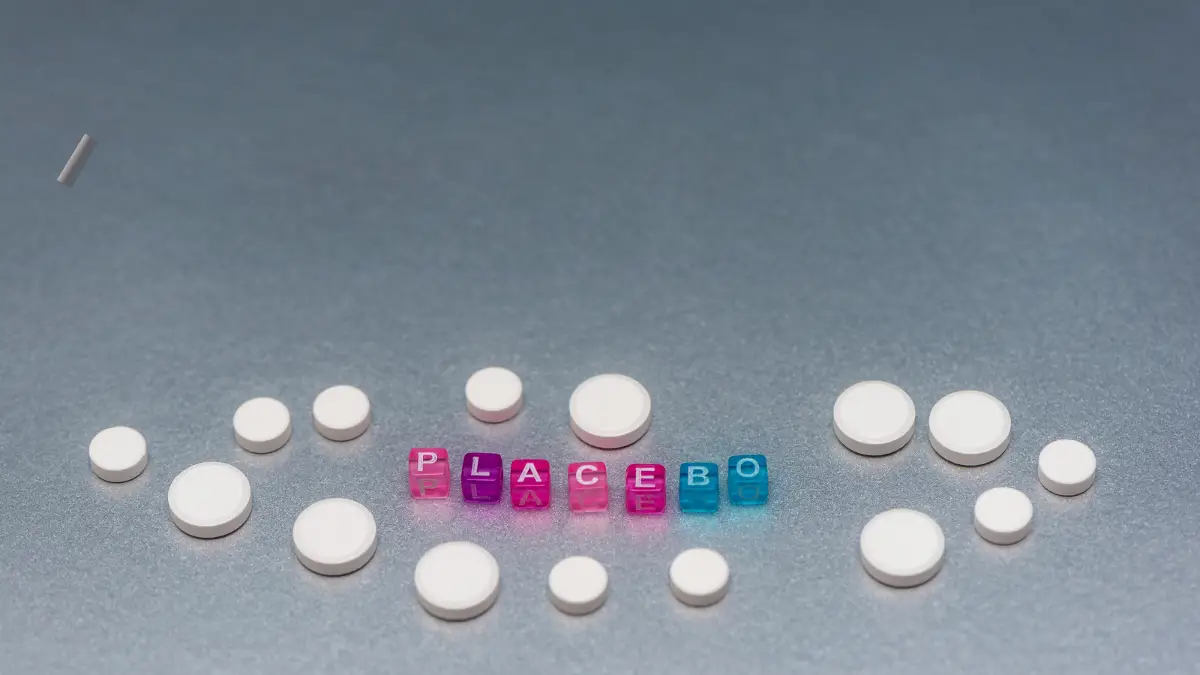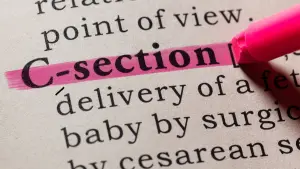The placebo effect is a theory that involves the use of a substance normally not meant to treat an ailment to treat.
Placebo is an inactive substance that resembles and is given the same way as an active drug or treatment being tested. They are often described as sham drugs; they are medications used in medical trials to test their efficacy.
In modern-day medicine, the placebo effect is a phenomenon that occurs when a sham medical intervention is introduced. It causes improvement in a patient’s condition because of the factors associated with the patient’s perception of the intervention.
An example is when two patients visit a hospital or help carry out research, both having a migraine. The first usual step of the doctor is to prescribe painkillers for the migraine but he prescribes that to just one patient. And prescribes fish oil tablets and zinc for the other. Normally fish oil and zinc are not used for the treatment of pain but it is being prescribed by the doctor. The second patient believes in its potency or ability to cure the migraine and after a few hours it seems to have cured the migraine.
Simply put, the effect occurs when a patient’s condition appears to improve after taking a dummy treatment or a treatment that has no active ingredient to that ailment. Dummy treatments in this regard are placebo. Clinically they will and have no possibility of working but for some reason, they appear to be what cures the patient and within a few periods of taking or administering such medications, there seems to be an improvement.
Also in modern-day medicine, it has been used to improve clinical trials. it is used when new medication is being introduced into the system as a part of research.
For ethical reasons, people participating in clinical trials are told that they may be given ‘dummy‘ treatment.
Usually, two groups are used, the first group of people takes the medication while another group called the ‘control group ’takes the placebo. In some cases, none of the participants know whether they are taking the active or inactive (placebo) substance.
Sometimes, not even the researchers know (this is called a double-blind test). The double-blind test ensures accurate results are achieved as neither doctors nor patients are unaware of the treatment.
Comparing the results from both groups should show the effects of the medication.[1]
The idea of Placebo is more of the mind than the body, it is a psychological feel.
Causes of Placebo Effect
There are a couple of things that cause placebo, although these causes are not certain since each body reacts differently to it.
- Conditioning
This is one of the most important causes. Conditioning works as a result of unconscious learning through which a conditioned response is achieved. It begins with an unconscious receiving of a conscious putout substance to cure (in cases of medicine) then the body is conditioned to receive it as treatment.
- Expectation
Expectations, or what we believe we will experience, have been found to play a significant role in the placebo effect.[2] Patients who have a positive feeling and are highly motivated will most likely get positive from the placebo. It also stems from the doctor, if he has a positive feeling about the placebo it is most likely to work.
- Past Experience
Past experience also has a role to play in the effect of a placebo, if a patient has been cured with a placebo in the past the chances of the placebo working again are very high.
- Hormones
Placebo triggers a release of endorphins. Endorphins have a structure similar to that of morphine and other opiate painkillers and act as the brain’s own natural painkillers.[3]
Placebos in all that they are have side effects, but these side effects can be positive effects.
Placebos are a pick one or the other treatment and it either works positively being the ‘Nocebo effect’ or negatively the ‘Nocebo effect’.
The Nocebo effect is the negative side effect gotten from the use of a placebo.
The nocebo could be pain, drowsiness or even nausea. The placebo effect is mostly a thing of the mind, the same thing goes with the Nocebo effect, and it most likely occurs when the patient is being told about the adverse effect before the medication is taken. The patient being in the know means it is very likely that he experiences them.
The Placebo effect serves as an example of how mental changes can affect physical changes.
For instance ;
Participants in a study are given a placebo but are informed that it contains stimulants. When discussing the “medication,” researchers were persuasive and optimistic about the anticipated outcomes.
Following the pill, participants experience a rise in heart rate and blood pressure as well as an improvement in reaction times.
When identical pills are given to the same people and informed they will help them sleep and relax, however, they report feeling relaxed instead of sleeping better.
It is conceivable for the body’s natural chemistry to have effects that are comparable to those that a medicine may have if a patient has high expectations for a treatment. The placebo effect might also be attributed to researchers’ excitement[4].
Another approach in the use of Placebo is the “open call” or “honest” placebo. This is a situation where patients will be aware that the placebo will be administered this is mainly ethical medical practice. In situations where open call is practiced, the placebo does the work more times this is because the patients are in the know of their ailments and the supposed effect of the placebo. During the release of results, the results are positive due to the fact that the mind has been conditioned from the start, the mind follows suit and the treatment works.
The placebo effect may not be a convenient way to administer, but the theory has inadvertently contributed to medicine. Although there is no plus on the actual efficacy of placebo in the medical field, it certainly runs the numbers in the testing of medicines and techniques.
[1] ‘Placebo Effect’ The Better Health Department – Ministry of Health Victoria State Government (2021)
[2] Brown WA. Expectation, the placebo effect and the response to treatment. R I Med J (2013). 2015;98(5):19-21.
[3] Kendra Cherry ‘The Placebo Effect: Fake Treatment, Real Response’(2023) Reviewed by David Susman, PhD
[4] Nikolopoulou, K. (2023, March 06). What Is the Placebo Effect? | Definition & Examples. Scribbr. Retrieved August 29, 2024, from https://www.scribbr.com/research-bias/placebo-effect/






